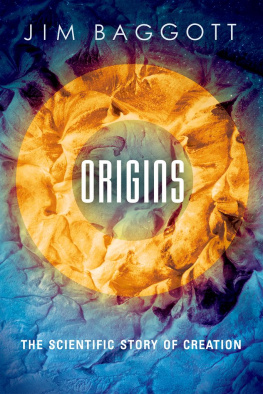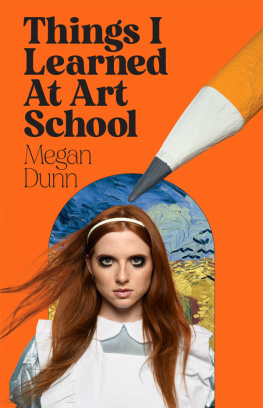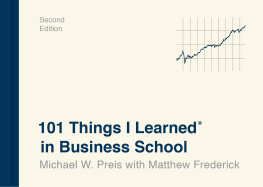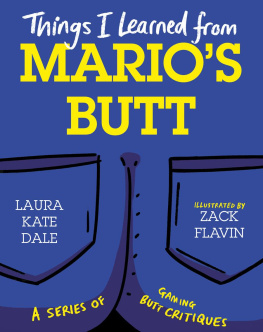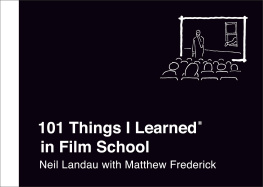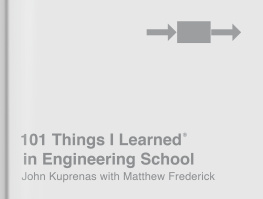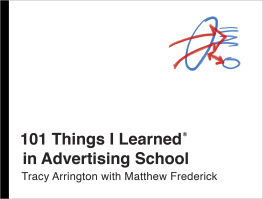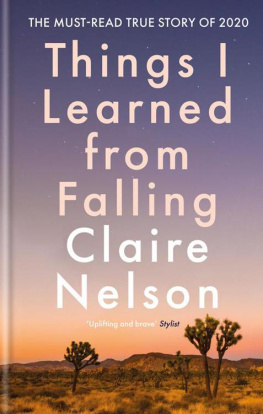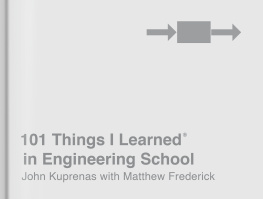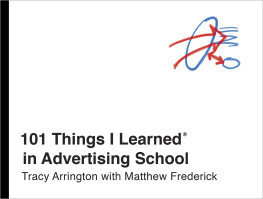ORIGINS

Great Clarendon Street, Oxford, OX2 6DP, United Kingdom
Oxford University Press is a department of the University of Oxford. It furthers the Universitys objective of excellence in research, scholarship, and education by publishing worldwide. Oxford is a registered trade mark of Oxford University Press in the UK and in certain other countries
Jim Baggott 2015
The moral rights of the author have been asserted
First Edition Published in 2015
Impression: 1
All rights reserved. No part of this publication may be reproduced, stored in a retrieval system, or transmitted, in any form or by any means, without the prior permission in writing of Oxford University Press, or as expressly permitted by law, by licence or under terms agreed with the appropriate reprographics rights organization. Enquiries concerning reproduction outside the scope of the above should be sent to the Rights Department, Oxford University Press, at the address above
You must not circulate this work in any other form and you must impose this same condition on any acquirer
Published in the United States of America by Oxford University Press
198 Madison Avenue, New York, NY 10016, United States of America
British Library Cataloguing in Publication Data
Data available
Library of Congress Control Number: 2015936023
ISBN 9780198707646 (hbk.)
eISBN 9780191017346
Links to third party websites are provided by Oxford in good faith and for information only. Oxford disclaims any responsibility for the materials contained in any third party website referenced in this work.
For Grace (aged 7), who wants to be a planetary geologist
CONTENTS
Jim Baggott is an award-winning science writer. A former academic scientist, he now works as an independent business consultant but maintains a broad interest in science, philosophy, and history and continues to write on these subjects in his spare time. His previous books have been widely acclaimed and include:
Farewell to Reality: How Fairy-tale Physics Betrays the Search for Scientific Truth (Constable, 2013);
Higgs: The Invention and Discovery of the God Particle (Oxford University Press, 2012);
The Quantum Story: A History in 40 Moments (Oxford University Press, 2011);
Atomic: The First War of Physics and the Secret History of the Atom Bomb 193949 (Icon Books, 2009), short-listed for the Duke of Westminster Medal for Military Literature, 2010;
A Beginners Guide to Reality (Penguin, 2005);
Beyond Measure: Modern Physics, Philosophy, and the Meaning of Quantum Theory (Oxford University Press, 2004);
Perfect Symmetry: The Accidental Discovery of Buckminsterfullerene (Oxford University Press, 1994);
The Meaning of Quantum Theory: A Guide for Students of Chemistry and Physics (Oxford University Press, 1992).
This has been an extraordinarily ambitious project, and I could not have contemplated it without the support of Latha Menon, my editor at Oxford University Press. I remain forever in her debt. Thanks must also go to Emma Ma, Jenny Nugee, and Kate Gilks at OUP, and Frances Topp and Paul Beversey, who have been instrumental in helping to turn my words and pictures into the book you now hold in your hands. I doubt that the book would be what it is were it not for John Gribbin, whose book Genesis, published in 1981, was an early source of inspiration (well, I remember cursing when I read it, because I realized that this was a book I would very much have liked to have written).
Im never happier than when Im learning something new. Writing Origins has taken me into some familiar territory, about which Ive written before, but its wide-ranging scope has also drawn me into some less familiar spaces. I will therefore be eternally grateful to all the academic experts who have given of their valuable time to read through sections of the manuscript and offer helpful advice and criticism. These include Jennifer Clack at Cambridge University; George Ellis at the University of Cape Town; Andrew Knoll at Harvard University; Jeremiah Ostriker at Princeton University; Michael Russell at the Jet Propulsion Laboratory in Pasadena, California; Chris Stringer at Londons Natural History Museum; Ian Tattersall at the American Museum of Natural History in New York City; Steven Weinberg at the University of Texas at Austin; and Simon White at the Max Planck Institute for Astrophysics in Garching, Germany. Any errors or misconceptions that remain are, of course, down to me.
Now, you know well enough that happiness doesnt come only from learning things and writing about them. It also derives from a great sense of place and the company of good people. Thanks then to Madeleine and Jur and Guido and Mikael, good people who have created two such fabulous places where some of these words were written, and to my wife Jini for just about everything else.
Jim Baggott
June 2015
)

What is the nature of the material world? How does it work? What is the universe and how was it formed? What is life? Where do we come from and how did we evolve? How and why do we think? What does it mean to be human? How do we know?
These questions, many others just like them, and many subsidiary questions that logically follow are, collectively, the big questions of human existence. They are questions that we have been asking ourselves for as long as we have been capable of rational thought.
We weave what answers we can discover or contrive into a creation story, and such stories have formed an essential foundation for every human culture throughout history. We have a seemingly innate and rather insatiable desire to want to comprehend our own place in the universe, to understand how we and everything around us came to be. This is a desire driven in part by simple curiosity. But I suspect it is also driven by a deeper emotional need to connect ourselves meaningfully with the world which we call home.
There are many different versions of our creation story. This book tells the version according to modern science. It is the result of an enterprise which has involved (and continues to involve) thousands of scientists struggling to piece together parts of the puzzle, constantly speculating, hypothesizing, testing, debating, and revising. These scientists strive to ensure that the puzzle pieces are individually coherent and consistent. But if the story is to be unified and comprehensible, the pieces themselves must also fit together, from the large-scale grandeur of the universe to Homo sapiens to the smallest microorganism to the elementary particles from which all material substance is composed. This is a powerful constraint.
That said, there is no such thing as an authorized or official version of the scientific story of creation. But Im modestly hopeful that if there were, then it might look something like the book you now hold in your hands. Without wishing to appear overly melodramatic, I believe all my efforts as a popular science author over more than twenty years have been building up to this. Deep down, this is a book I have always wanted to write.
Now, Im sure thats all very well, but is this a book you will want to read? This is obviously something only you can judge, but here are a few things you might want to think about.

